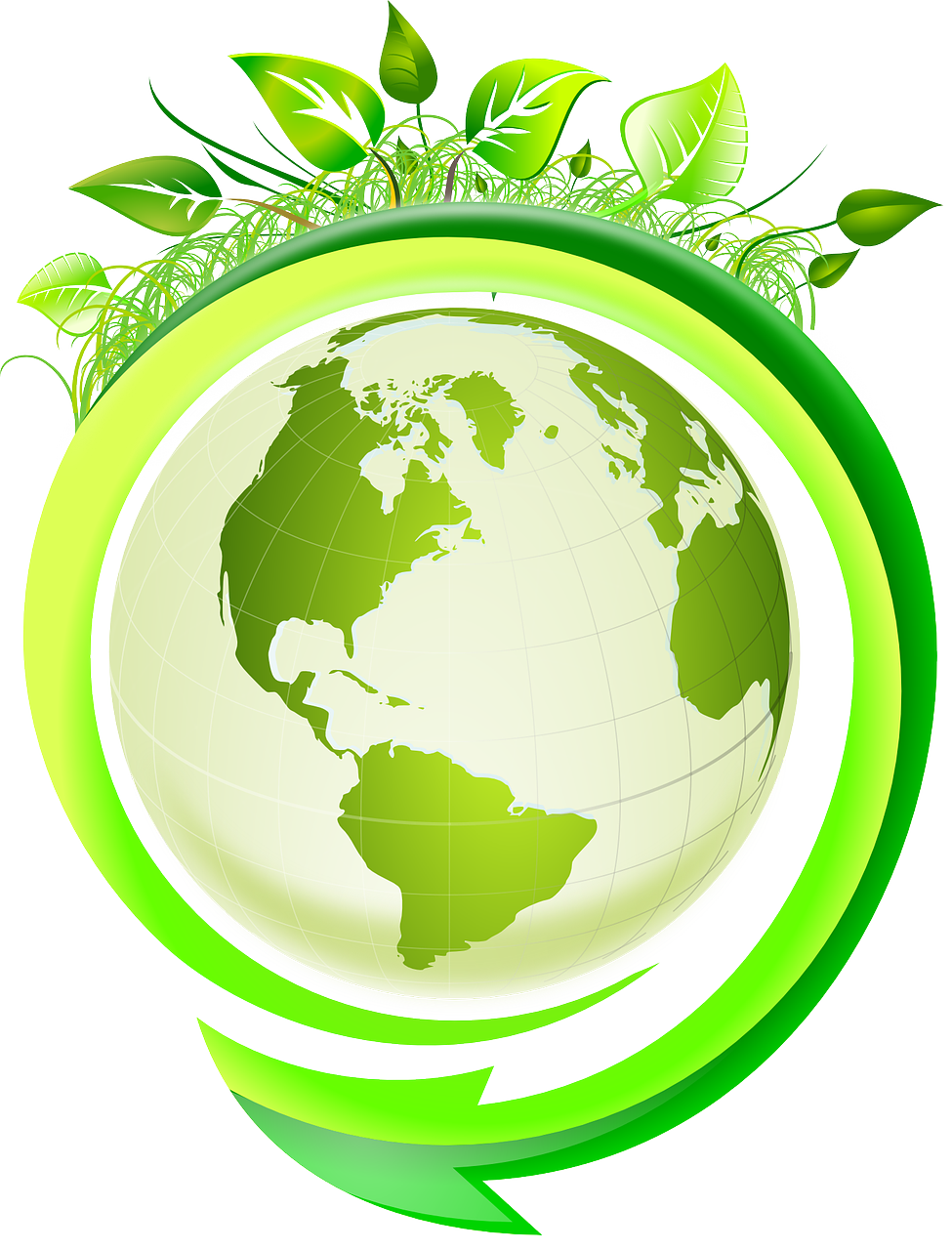FREE US SHIPPING WHEN YOU SPEND $35+
What is Zero Waste?

Zero waste, as ZIWA puts it is "The conservation of all resources by means of responsible production, consumption, reuse, and recovery of products, packaging, and materials without burning and with no discharges to land, water, or air that threaten the environment or human health." In other words, it is a lifestyle in which you do not send anything to a landfill. We, as humans, are over-consumers and don't value our belongings which in turn makes them disposable. According to the EPA the average american produces 4.4 pounds of waste a day - that's almost 1.5 trillion pounds of waste per year just from Americans. That's a lot!

But how do you decrease that number? It's SIMPLE, reduce, reuse, and recycle♻️.
Reduce
You can start reducing your waste by thinking about if you absolutely NEED something before buying it. You really only need one general cleaner for windows, kitchen counters, bathroom, and floors - vinegar and water.

Just by reducing your need for cleaning detergents you've decreased your waste at least 3 containers by reusing one spray bottle, plus you've decreased your cost by $50+ and it's harmful chemical free so your pets or kids stay healthy.
Reuse
Now-a-days there is almost always a reusable option for anything you could possibly need. Instead of plastic wrap there are reusable silicone lids in just about any size you can think of so you can cover bowls, fruit, cans, jars, etc to save for later then toss the lid in the dishwasher and use it over and over again. You will also save a ton of money in the long run by reusing than disposing.

Recycle
There are instances where you HAVE to buy something that is just not reusable -like canned foods - and it's not your fault but you can still make this into a zero waste situation. Just recycle the can after you've rinsed it out.

On average Americans already recycle 34.3% of their trash, however, this number should really be closer to 100%. You can help raise the percentage by only buying goods that can be recycled instead of thrown out.
Small Thoughts but HUGE Impact
It does not take a whole lot of energy to be zero waste. Next time you go to the grocery store, bring your own reusable bags instead of using the store's plastic bags, think hard about your need for something and if you do need something try to opt for the product in recyclable packaging or no packaging at all. By doing these three simple things you can make a huge impact.
So let's work together to go from this

to this

Sources
Zero Waste Definition, Zero Waste International Alliance, 10/20/2018, 4/21/2020, http://zwia.org/zero-waste-definition/

